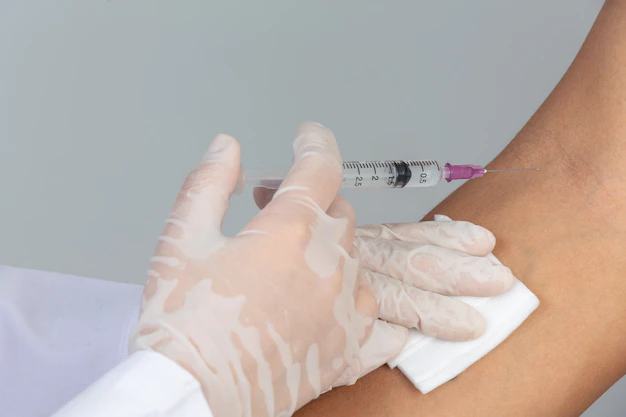Adverse Effects of Insulin for People with Diabetes

Insulin therapy is a common treatment for people with diabetes, especially those with type 1 diabetes. However, like all medications, insulin can have adverse effects.
One of the most common adverse effects of insulin is hypoglycemia or low blood sugar. Hypoglycemia can occur if too much insulin is administered, food intake is delayed, or exercise is more intense than expected. Symptoms of hypoglycemia include dizziness, confusion, sweating, trembling, and weakness.
Another possible adverse effect of insulin is weight gain. Insulin can cause cells to take up glucose and store it as fat, which can lead to weight gain. This is more common in people with type 2 diabetes who are overweight or obese.
In addition, some people may experience skin reactions at the injection site. This can include redness, swelling, and itching.
Very rarely, people may develop an allergic reaction to insulin. Symptoms of an allergic reaction can include swelling, hives, difficulty breathing, and a rapid heartbeat. Anyone experiencing these symptoms after taking insulin should seek immediate medical attention.
Finally, repeated injections of insulin can cause lipodystrophy, a condition where fat tissue either wastes away or accumulates in certain areas. This can affect the absorption of insulin and may require adjustments in the injection site.
It is important for people with diabetes to work closely with their healthcare provider to manage their insulin therapy and monitor for any adverse effects.
